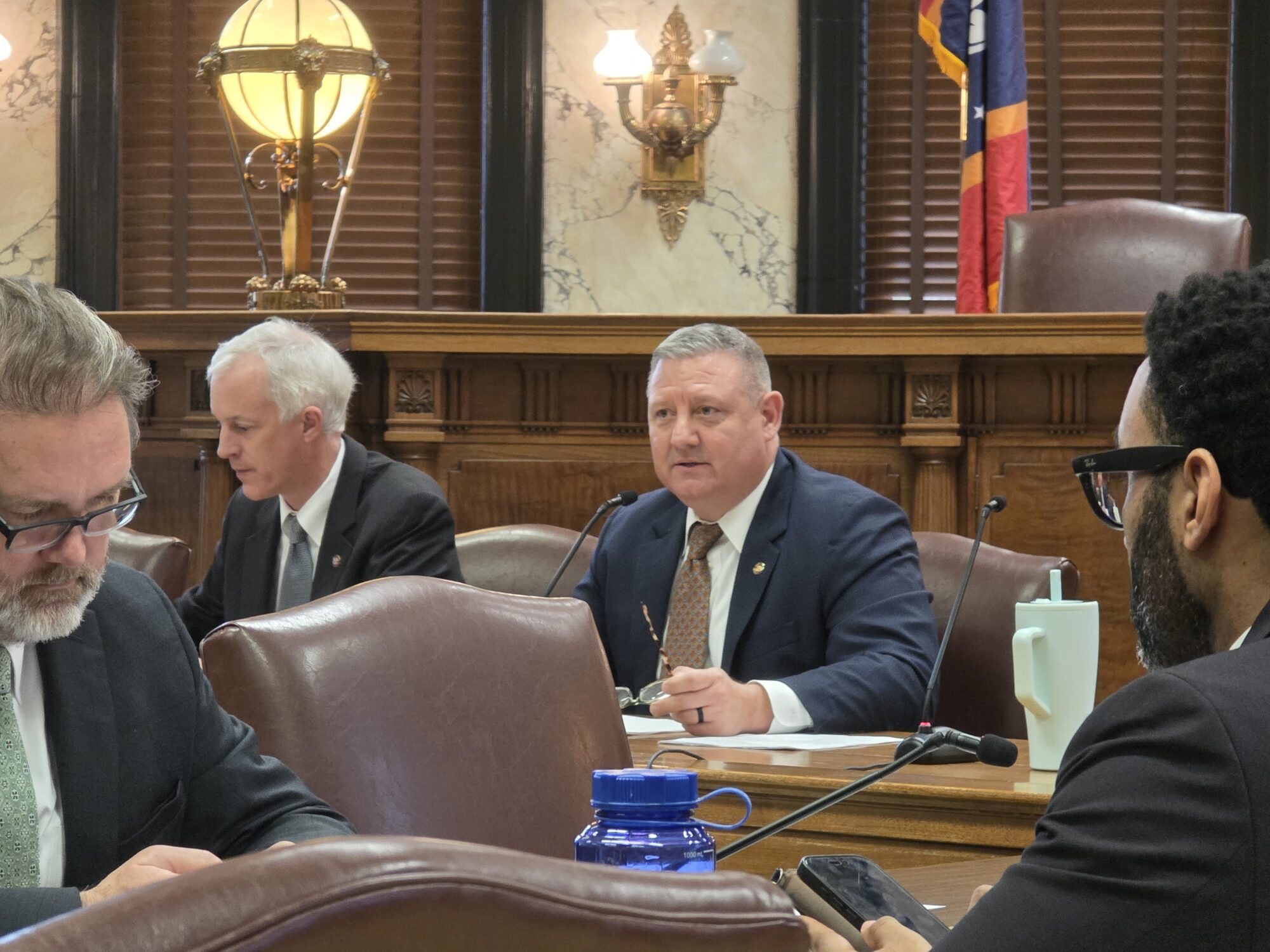Wicker, Ayotte, Graham: Military Retiree Cuts Would Also Impact Disabled Veterans
WASHINGTON – Leaders from more than 14 military and veterans service organizations joined U.S. Senators Roger Wicker, R-Miss., Kelly Ayotte, R-N.H., and Lindsey Graham, R-SC, at a press conference today to urge Senators to use alternative savings to replace a provision in the budget proposal that cuts retirement benefits for current and future military retirees. During the press conference, Senator Ayotte announced that she had received confirmation from the Department of Defense that “the Murray-Ryan plan will impact those Service members medically retired under chapter 61” – meaning the budget proposal currently under consideration would cut the retirement benefits of service members forced to retire due to injuries.
“We want Congress to pass a budget, address defense sequestration, and restore military readiness, but it is wrong to try to achieve these goals on the backs of our military retirees—who have risked their lives to defend our country and who have already sacrificed so much,” said Wicker, Ayotte, and Graham in a joint statement. “We were also appalled to learn that this legislation would even reduce the retirements of those who have been injured in the line of duty and have been medically retired as a result. That is unconscionable, and we call on members of both parties to work with us now to replace these misguided cuts.”
According to analysis by the Senate Budget Committee, under the proposal, a Sergeant First Class (E-7) who retires at age 40 – who has served our country for two decades and most likely deployed multiple times to war – could lose approximately $72,000.
In a letter to their Senate colleagues on Friday, Ayotte, Graham, and Wicker called for a bipartisan solution to replace the $6.3 billion in cuts to military retiree benefits.
Last week, the Military Coalition—which represents more than 5.5 million current and former service members and their families and survivors—expressed strong opposition to the budget agreement, saying that it “seeks to penalize current and future military members who have served our nation for over twenty years.” The Coalition is comprised of more than 30 military and veterans groups, including the Veterans of Foreign Wars, Military Officers Association of America, and the National Guard Association of the United States.
Leaders from the following groups attended the press conference and expressed support for the members’ efforts: The American Legion, the American Logistics Association, American Veterans, the Association of the United States Navy (AUSN), Iraq and Afghanistan Veterans of America (IAVA), the Marine Corps League, The Marine Corps Reserve Association, the Military Officers Association of America (MOAA), the National Defense Committee, the National Military Family Association, the National Association for Uniformed Services (NAUS), the National Guard Association of the United States (






